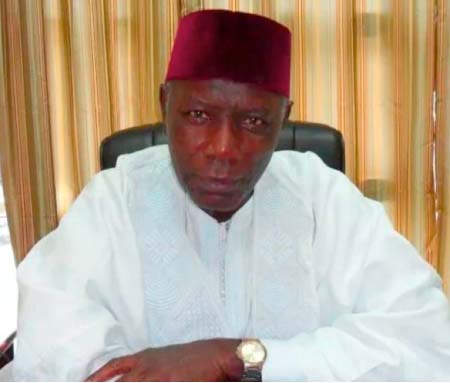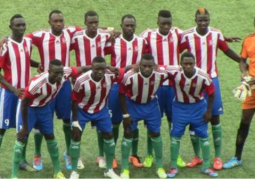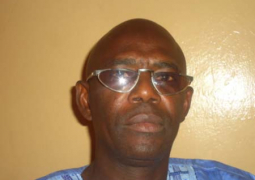
Alieu
Momar Njai, chairman of the Independent Electoral Commission (IEC), is
currently out of The Gambia, sources informed this paper.
Mr
Njie conducted the 1st December 2016 presidential polls in which Adama Barrow,
who leads a coalition of eight opposition parties, defeated the incumbent
president Yahya Jammeh by 19,221 votes.
Barrow’s
victory was initially seen as an unexpected triumph for democracy in The
Gambia.
Jammeh
initially accepted defeat, but a week later reversed that decision and said he
would not relinquish power unless there is a fresh election. This decision to stay in power has been
vehemently condemned locally and internationally.
Subsequently,
his ruling Alliance for Patriotic, Reorientation and Construction (APRC) party
filed a petition challenging the result of the election at the Supreme Court in
Banjul.
The
court is billed to hear the case on 10 January, assuming there are enough
justices to constitute a panel to hear the petition.
Meanwhile,
Mr Njai maintained the validity of the election process.
Gambian
security forces had seized control of the Independent Electoral Commission
headquarters, which holds the original poll records, and told staff, including
Njai, to leave.
West
African leaders from the ECOWAS regional bloc say they will attend the
swearing-in of the president-elect Barrow on 19 January.
They
have also put their standby forces on alert, raising the possibility of
military intervention. Jammeh called
that decision a “declaration of war”.
Read Other Articles In Article (Archive)

UK EMBASSY PARTNERS WITH GAMBIAN CHAMBER OF COMMERCE AND INDUSTRY
Apr 30, 2014, 10:19 AM



